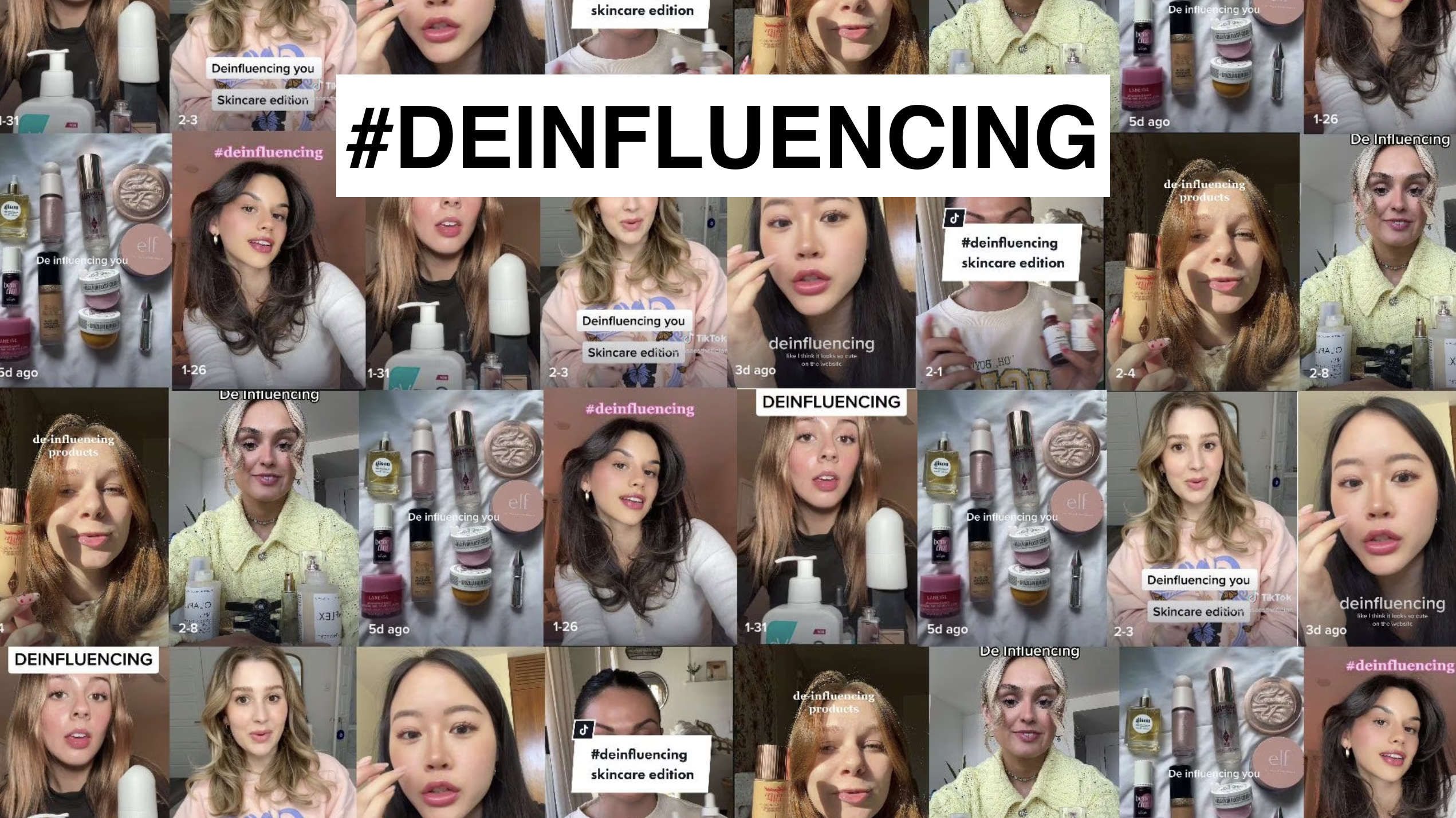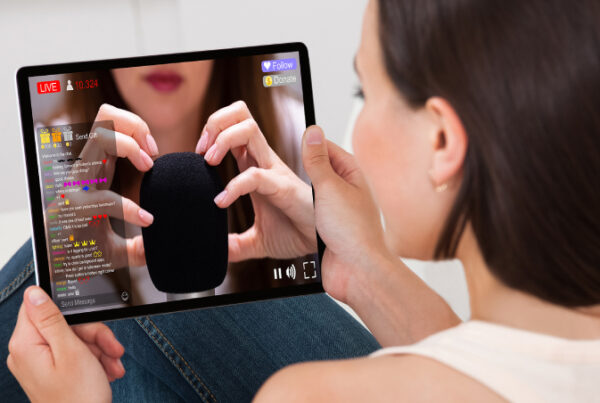Understanding Influencer Culture
The rise of social media has brought about a significant change in how we interact with content and individuals, leading to the emergence of influencers. These charismatic personalities have garnered large followings and wield considerable influence over their audiences. While influencers can be a source of inspiration and entertainment, there’s a growing concern about the negative impact of relying too much on their opinions and lifestyles. This phenomenon has given rise to the concept of “De-Influencing,” which encourages individuals to reclaim their authenticity and think twice before succumbing to the influencer-driven culture.
The Impact on Mental Health
While scrolling through social media, we often chance upon influencer content – a perfectly polished image or narrative. This leads to comparison-driven anxiety, feelings of inferiority, and a sense of isolation, as individuals may struggle to measure up to the unattainable standards set by influencers.
What is De-Influencing?
De-Influencing is the process of discouraging people from buying certain products or services that are trending on social media. De-Influencing can be done through videos, blog posts, or comments on social media. It can also be done through humour or satire such as creating memes of latest social media trends. This can be a fun and effective way to get people to think twice about their spending habits.
There are a number of reasons why people might choose to de-influence others.
- Concern about the environmental impact of overconsumption
- Worries about the financial burden of buying into every new trend
- Tired of seeing the same products and services advertised over and over again.
Why is De-Influencing on the rise?
1. People are becoming more aware of the environmental impact of overconsumption. As the production and consumption of goods and services has a significant impact on the environment, people have become more aware and they are starting to make more conscious choices about what they buy.
2. People are becoming more financially savvy. The cost of living is rising, and people are starting to think twice about spending money on unnecessary items. De-influencing can help people save money by discouraging them from buying into every new trend.
3. People are becoming more critical of social media influencers. In recent years, there has been a growing backlash against social media influencers. People are starting to question the authenticity of influencers and the products they promote. De-influencing can help people make more informed decisions about the products they buy.
Conclusion
In the midst of the influencer-driven culture fuelled by social media, de-influencing is a powerful tool for individuals seeking authenticity in their lives. De-influencing encourages us to reclaim our individuality and questions the authenticity of influencer content which safeguards our mental well-being from the unrealistic standards set by influencers. As de-influencing gains momentum, it empowers us to consider the environmental and financial consequences of our choices. This fosters a society that is more conscious, authentic, and thoughtful in its approach to consumption and influence.
For brands, it will be crucial to rethink your influencer marketing campaign and modify your product seeding approach.
If you’re looking to work with a social media influencer in Singapore, check out Kobe. We are an influencer marketing agency experienced in matching brands with social influencers in Singapore for optimal results.






